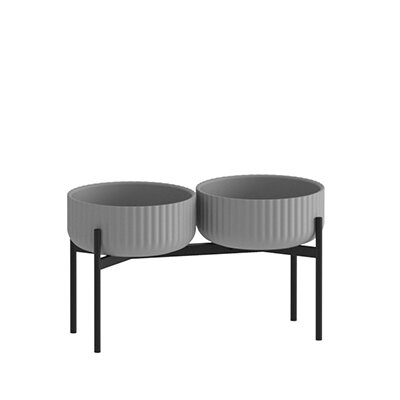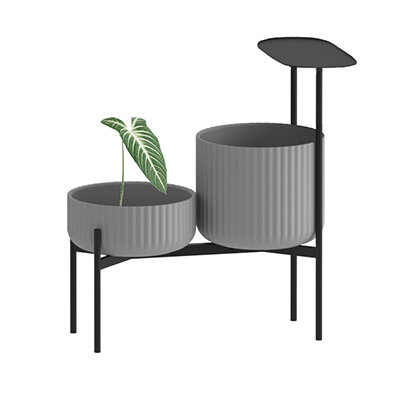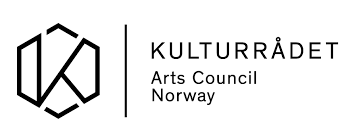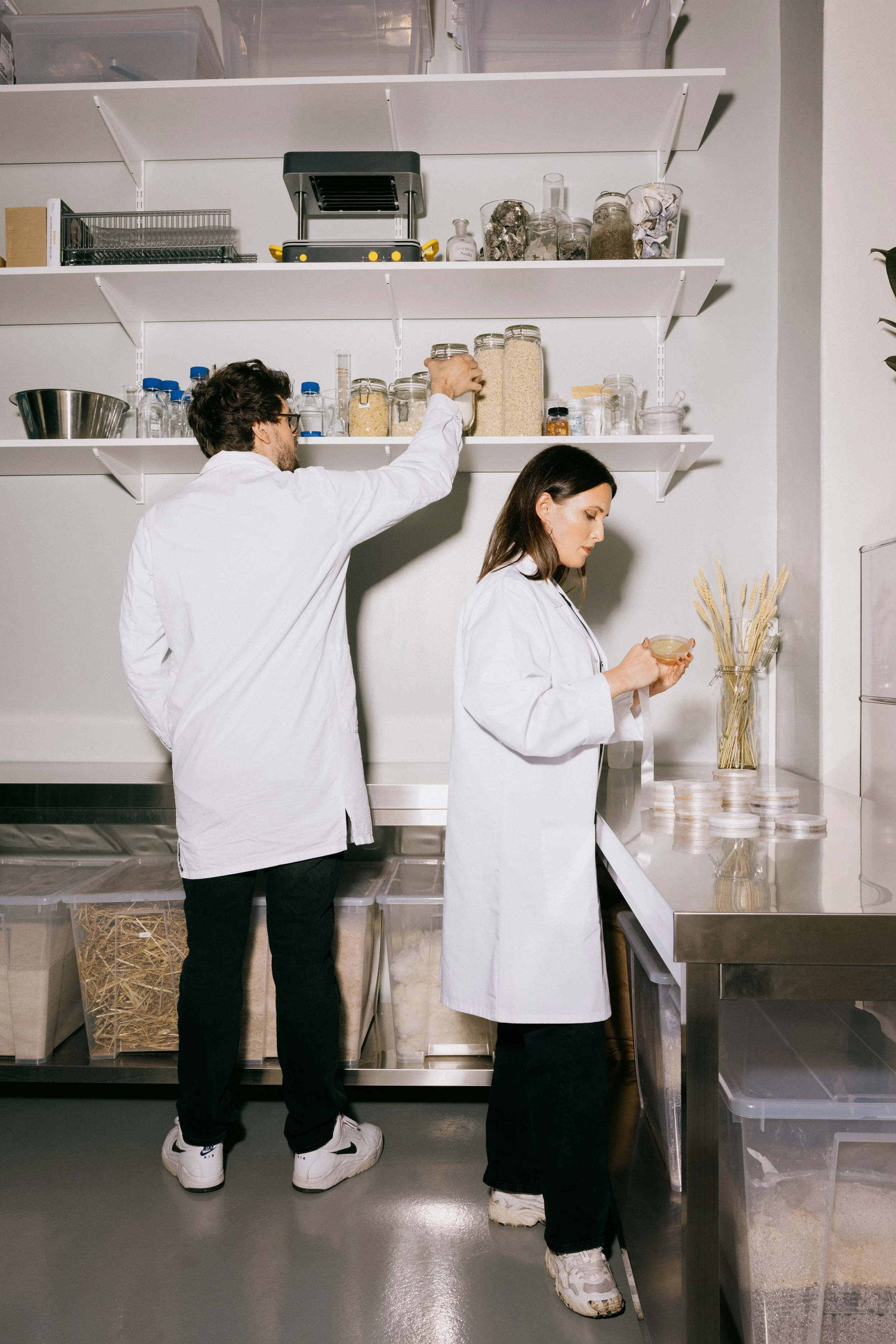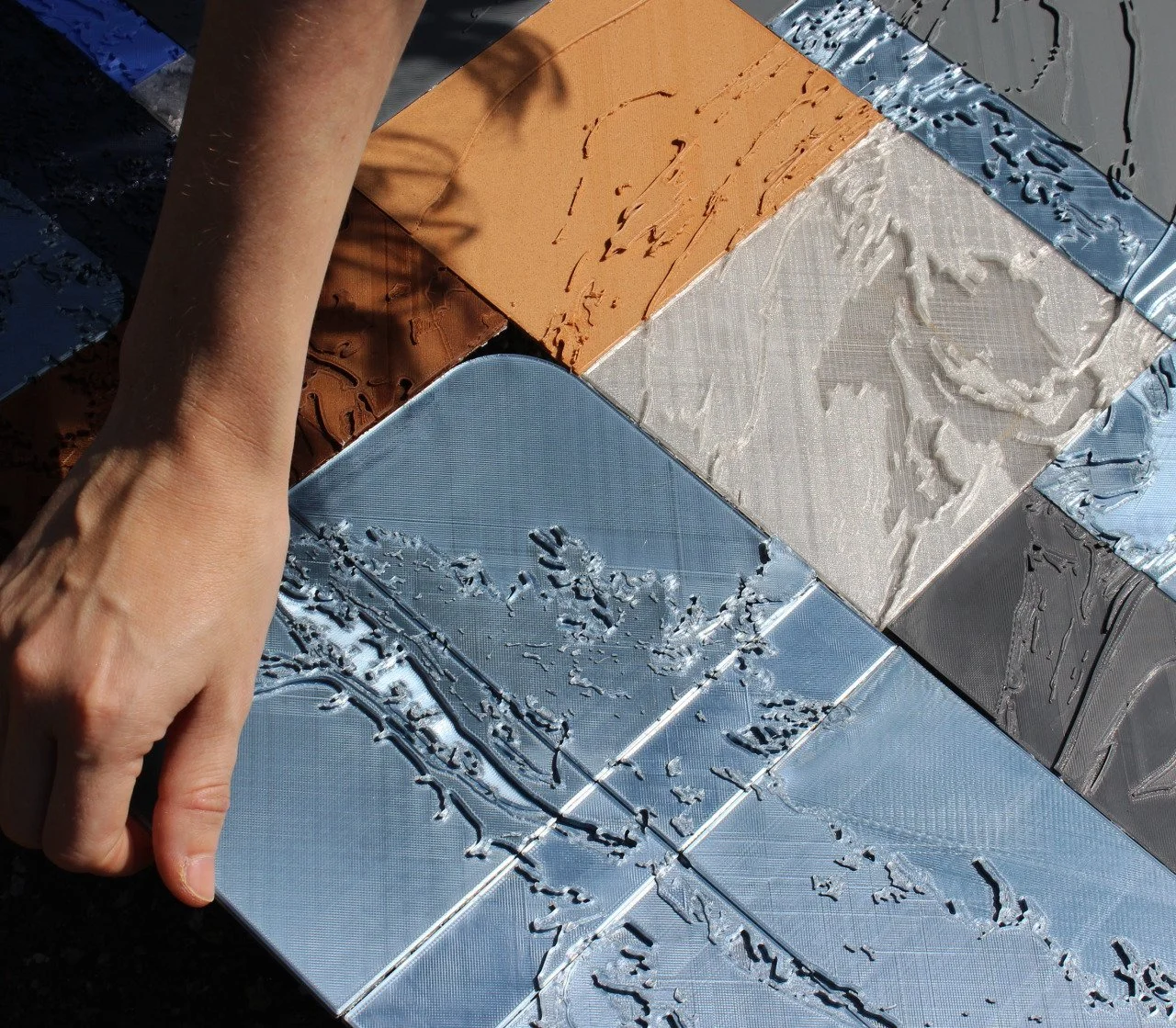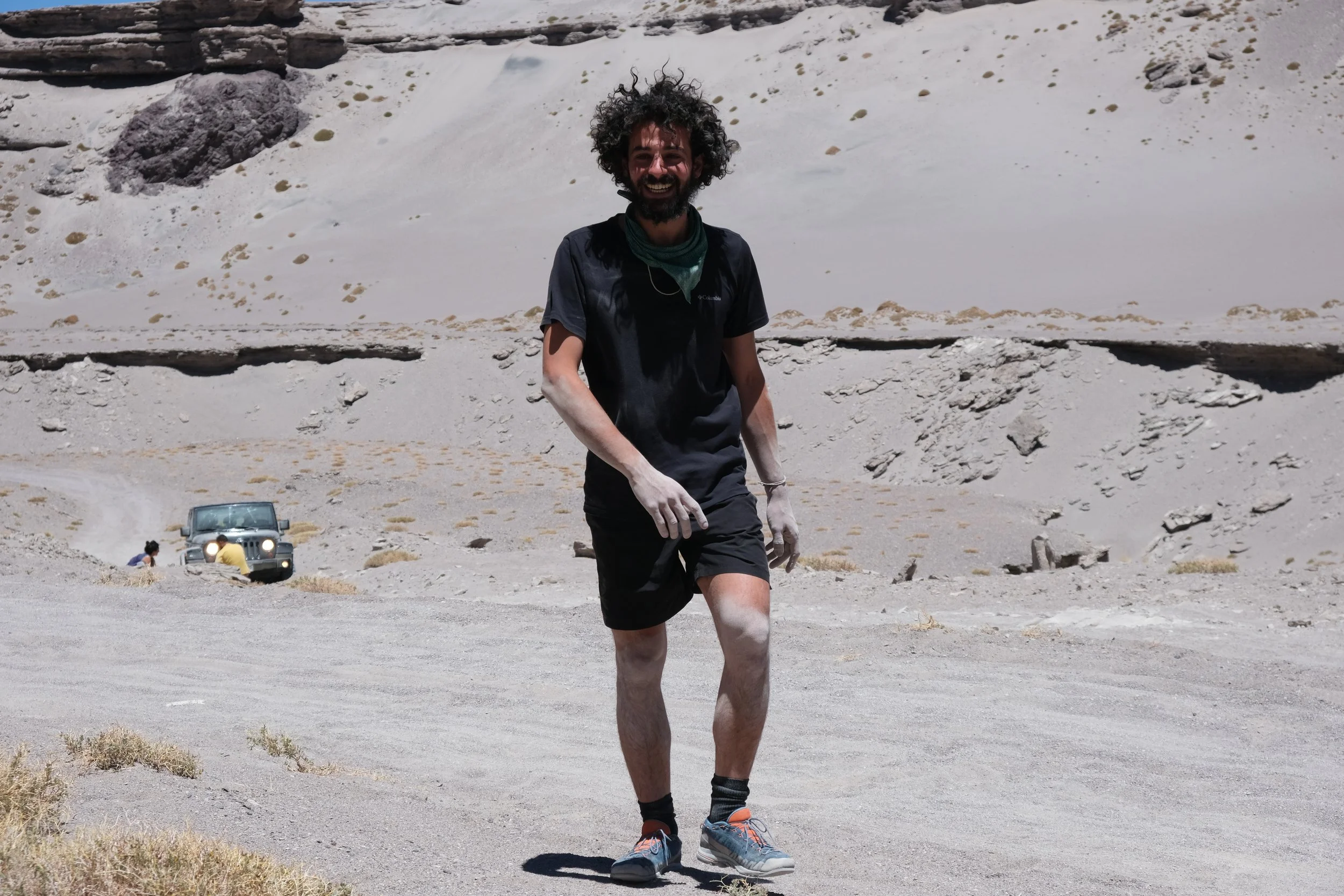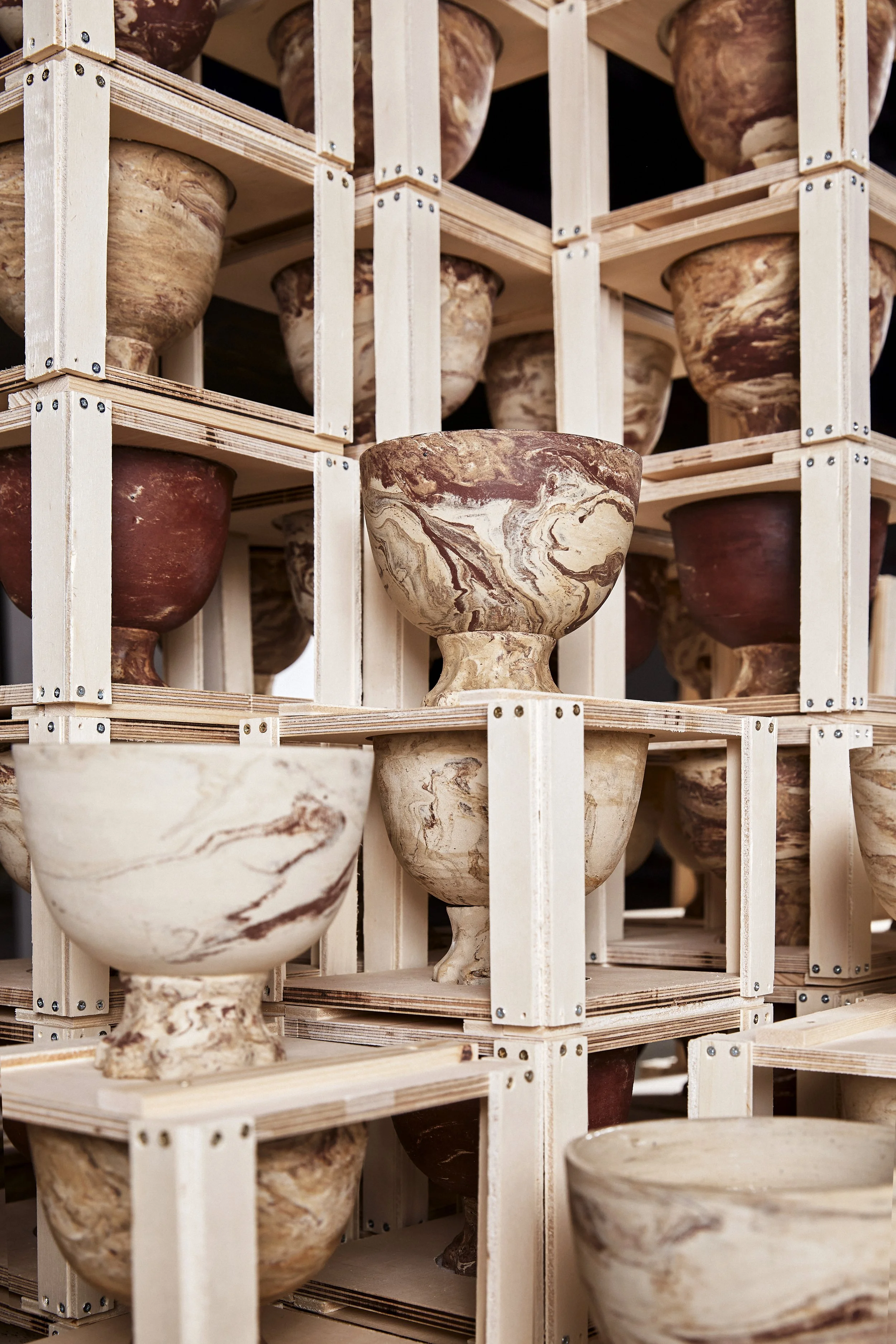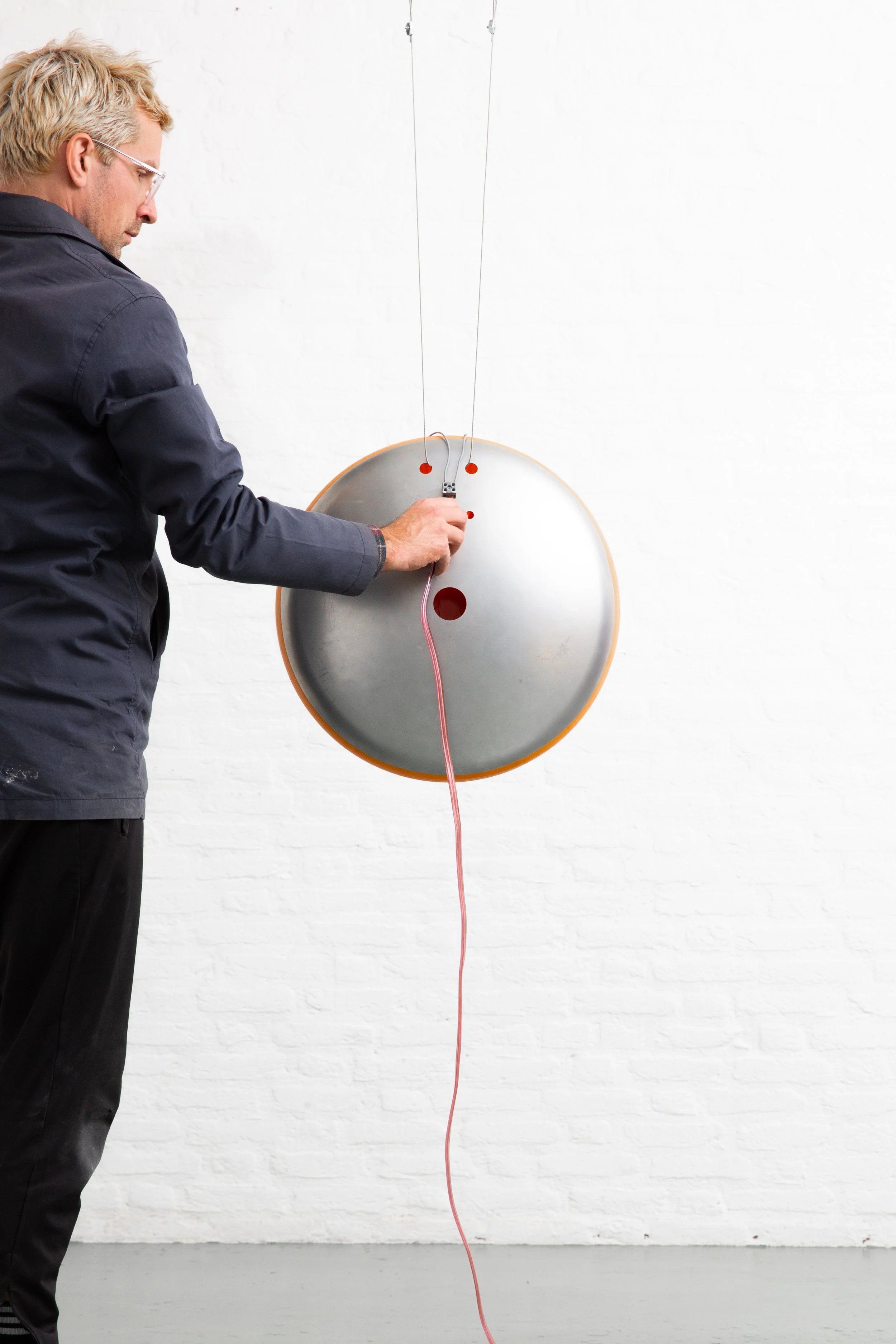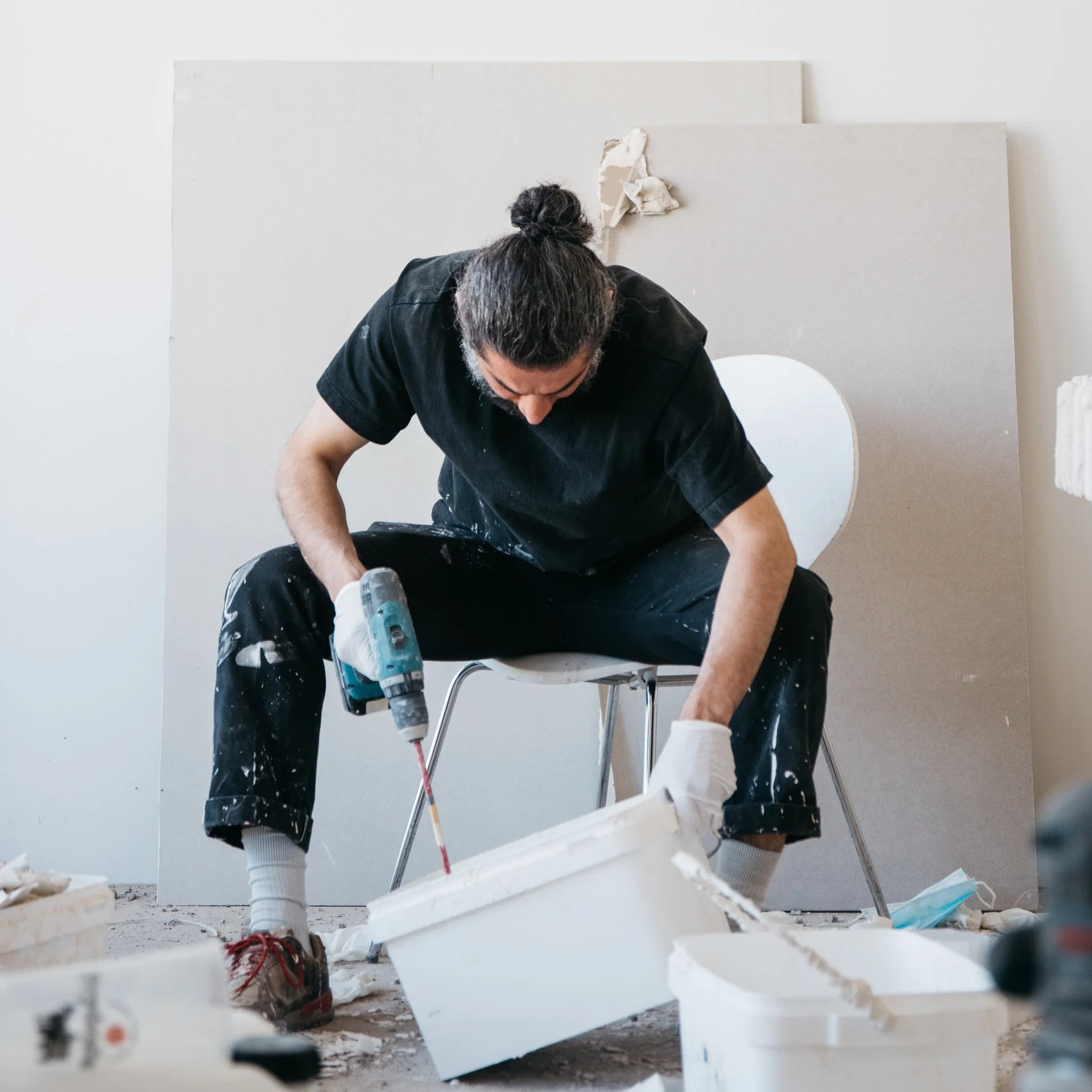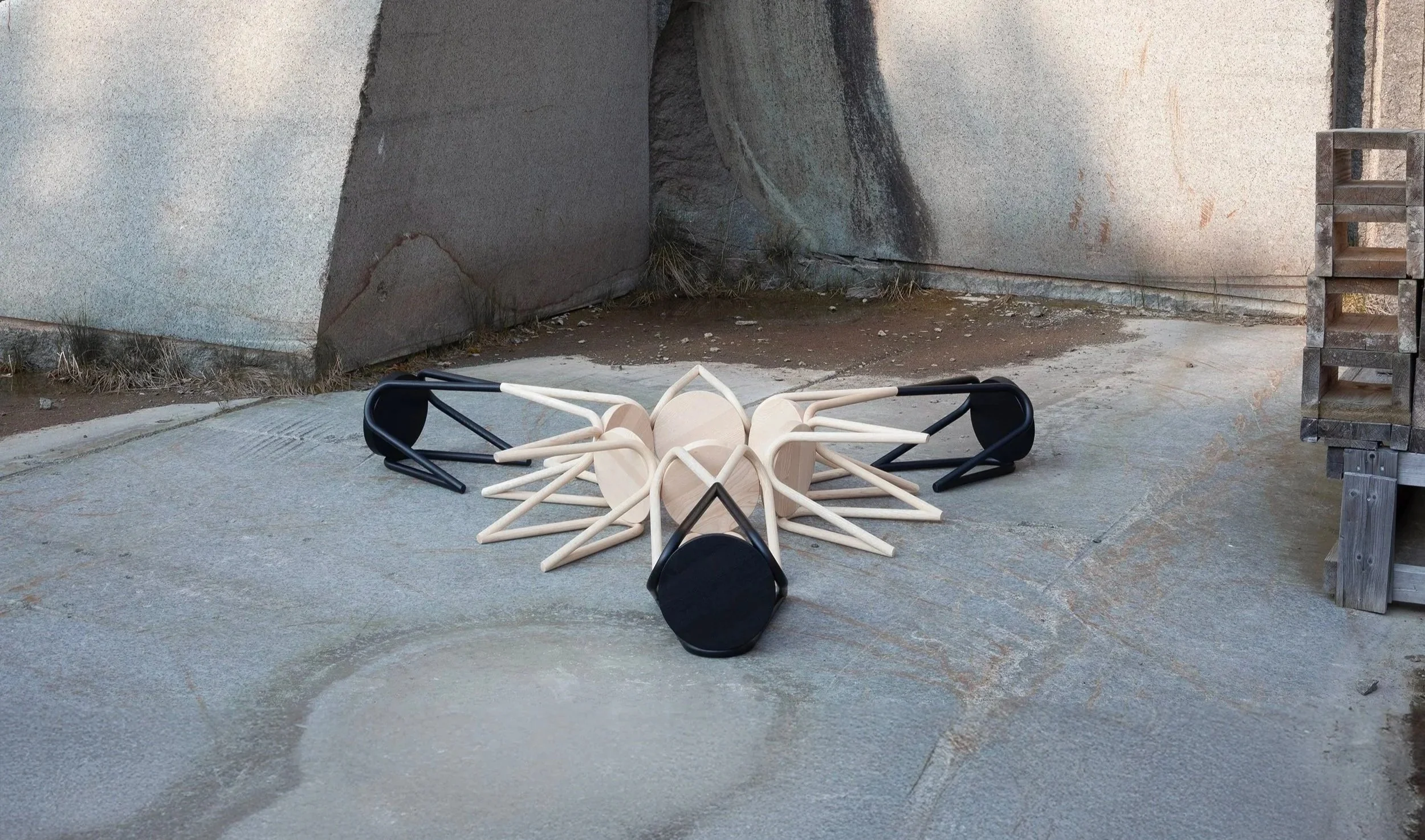
Elementa oslo
Building blocks for a new
interior architecture
Anderssen & Voll
Klorofyll
Klorofyll Planter System is a series of planters and furniture designed by Anderssen & Voll to turn any space into a green oasis.
Learn more

Now available
Vava
The Vava Tabouret by Kristine Five Melvær is a stackable stool in ash, defined by zigzagging legs that shift inwards and outwards to create its distinctive rhythm and sculptural stability.
Learn more

Arts Council Norway / Norsk Kulturråd
Architect: Krohn Interiørarkitekter
The Norwegian Ministry of Education and Research
Architect: Iark Interiørarkitekter
Deichmanske Bibliotek, Bjørvika.
Architect: Scenario
The Norwegian National Museum
Architect: Morten Kaels
Bekk Consulting, Oslo.
Architect: Skaara Arkitekter
Thommesen Lawyers, Oslo
Architect: Radius Design
Telenor, Stockholm & Telenor Göteborg
Architect: Romlaboratoriet.
The Norwegian Research Council / Norges Forskningsråd
Architect: Metropolis
Startup Lab, Oslo
Architect: Atle Aas
Arkwright Consulting, Oslo
Architect: Haptic Architects
Oslo Science Park / Forskningsparken
Architect: Atle Aas
House of Control, Oslo, Stockholm, Copenhagen
Architect: Nicole Emblem
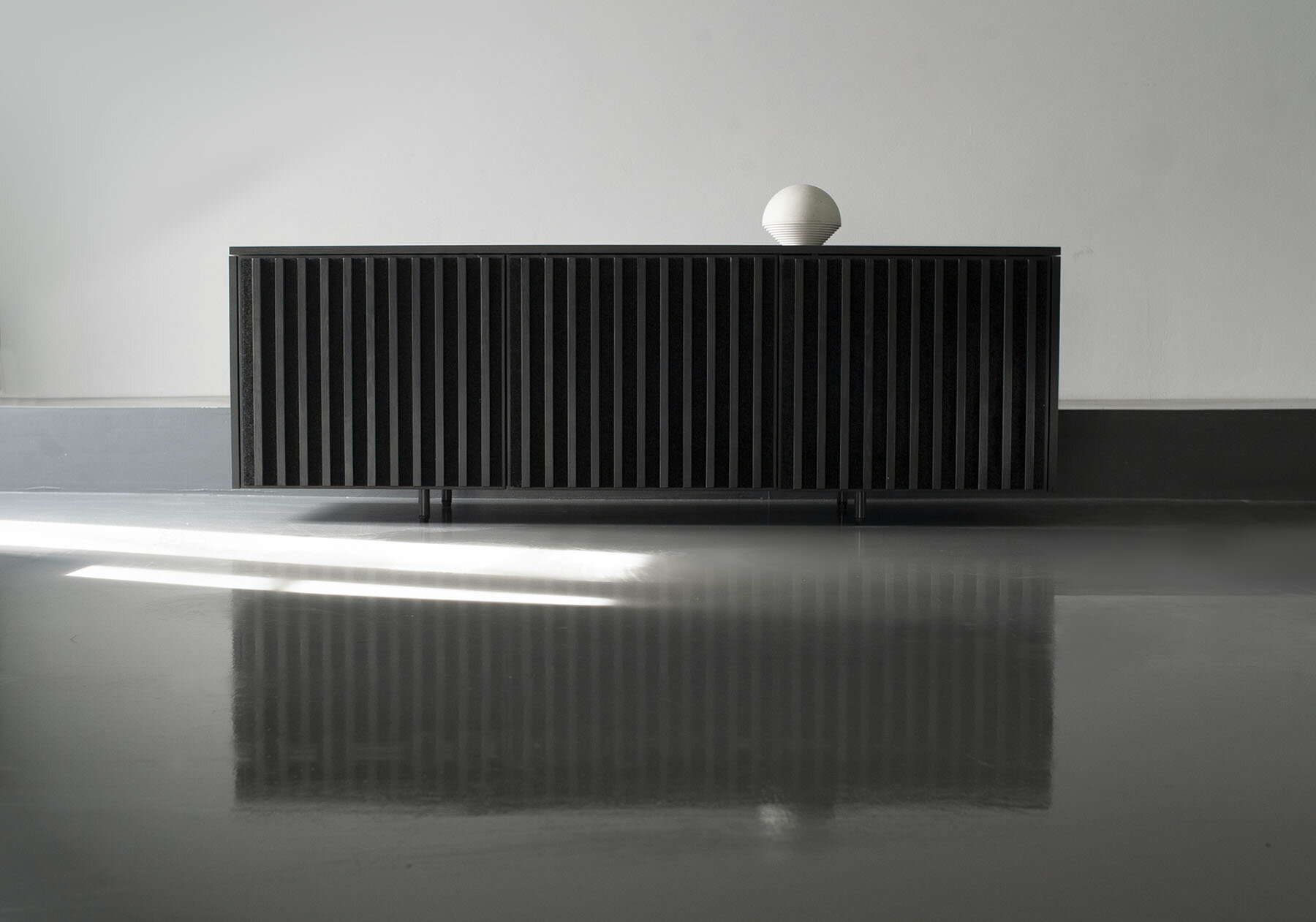
Elementary themes
How can interior design change anything?
Why bother making new stuff when the world is already full of it? We are at a point where we need to rethink from scratch the way we make the objects and spaces of our lives.
At Elementa we are working with a framework of 8 fields of inquiry that we believe will change how we experience our spaces in the years to come.
Our mision is to attempt to suggest concrete and actionable answers to these riddles by means of products, ideas, conversations and services.
Silence & Sound
Is silence the absence of sound, the presence of specific sounds or just a state of mind? What does it have to do with human well being?
What can design and architecture do to provide time and space for the experience of silence? How can we combat noise polution in concrete ways? On the other hand, how can we use sound actively in creating spatial experiences?
Circular Normality
The modernist approach to design has been enormously successful in many ways, but has failed to take into account the prelife and the afterlife of its products and spaces.
How can we make everyday products for work and play that take into account the dignity of both nature, matter and labour itself? If we had the freedom to - or even just had to - reinvent the stuff we surround ourselves with from scratch - how would would it look?
Virtual Spaces
Computers are helping us make objects and spaces that were once unthinkable, yet most of them are bound to our 2-dimensional rectangular screens - and structured by manipulative algorithms.
How can we use new digital strategies such as VR, AR and AI to enrich and enlarge our spaces rather than to colonize them on behalf of corporate interests?
Autonomy & locality
Despite the huge advances in design and technology the last 100 years, most people’s lives are more complex than ever.
Can we simplify life? Can we make our own stuff, and electricty - and grow our own food? Can we make a family house for less than 100 000 Euro? Are there unexplored posibilities of mobile architecture - on land and at sea?
Shared intentionality
Cryptocurrencies such as Bitcoin and Ethereum are impacting society in deep ways - and not only in the financial realm. The same technology is about to make possible new ways of collaborating on worthy causes and shortcutting ingrained hierarchies.
What are the posibilities of cryptography and blockchain technology for how we intentionally can shape our objects and spaces?
Biophilia & biodiversity
In the middle of “the 5th mass extinction” of living species on earth, its easy to despair. Yet that is exactly what we cannot afford to do. We are as much nature as any other creature - and now we have to act decisively with some dignity.
How can we open our environments, buildings and spaces for the other beings from the other realms of nature? Can we use design to imagine a spaces and objects that transcend the habitual dichotomy between nature and culture?
Patterns everywhere!
Patterns are everywhere! Recognicing and appreciating them is at the heart of both human and artificial intelligence. Modern science can make visible hitherto undetectable patterns revealing the invisible music of life and being as it were.
How can we bring the beauty of new patterns into our everyday spaces and objects? What is the potential for patterns to transform our everyday experience of space?
Inner Space Exploration
Accessing the Inner Spaces of our souls has been cultivated as a serious craft in most human cultures before modernity. This has taken many forms, such as meditation, sense deprivation, the use of psychoactive plants and other shamanic techniques.
How can exploring inner spaces inform the making of our outer spaces? How can our built environments help us appreciate the infinitely strange mystery of being in space and time right here and now?
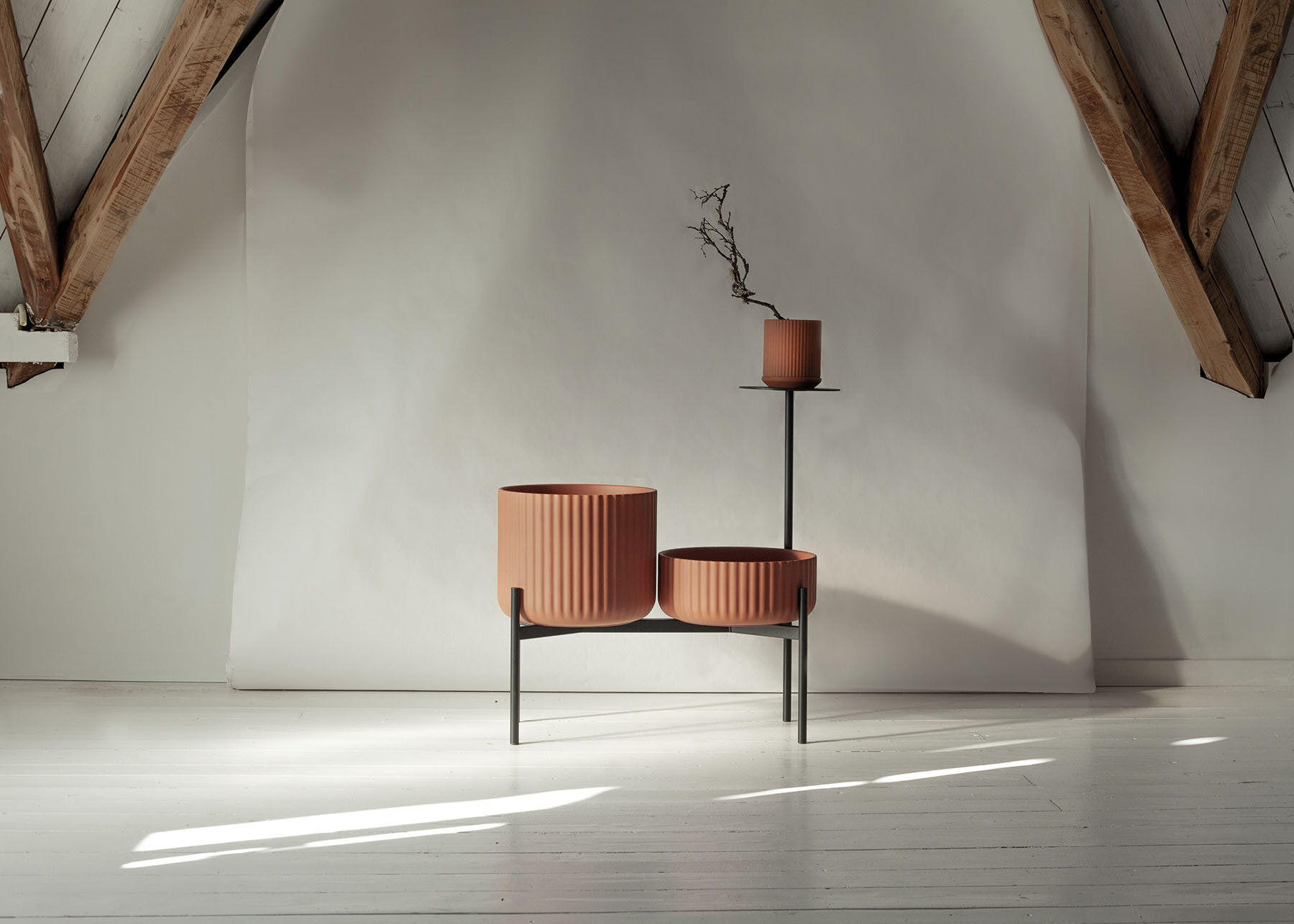
Highlights from the elementa blog
Conversations on intentionality and design
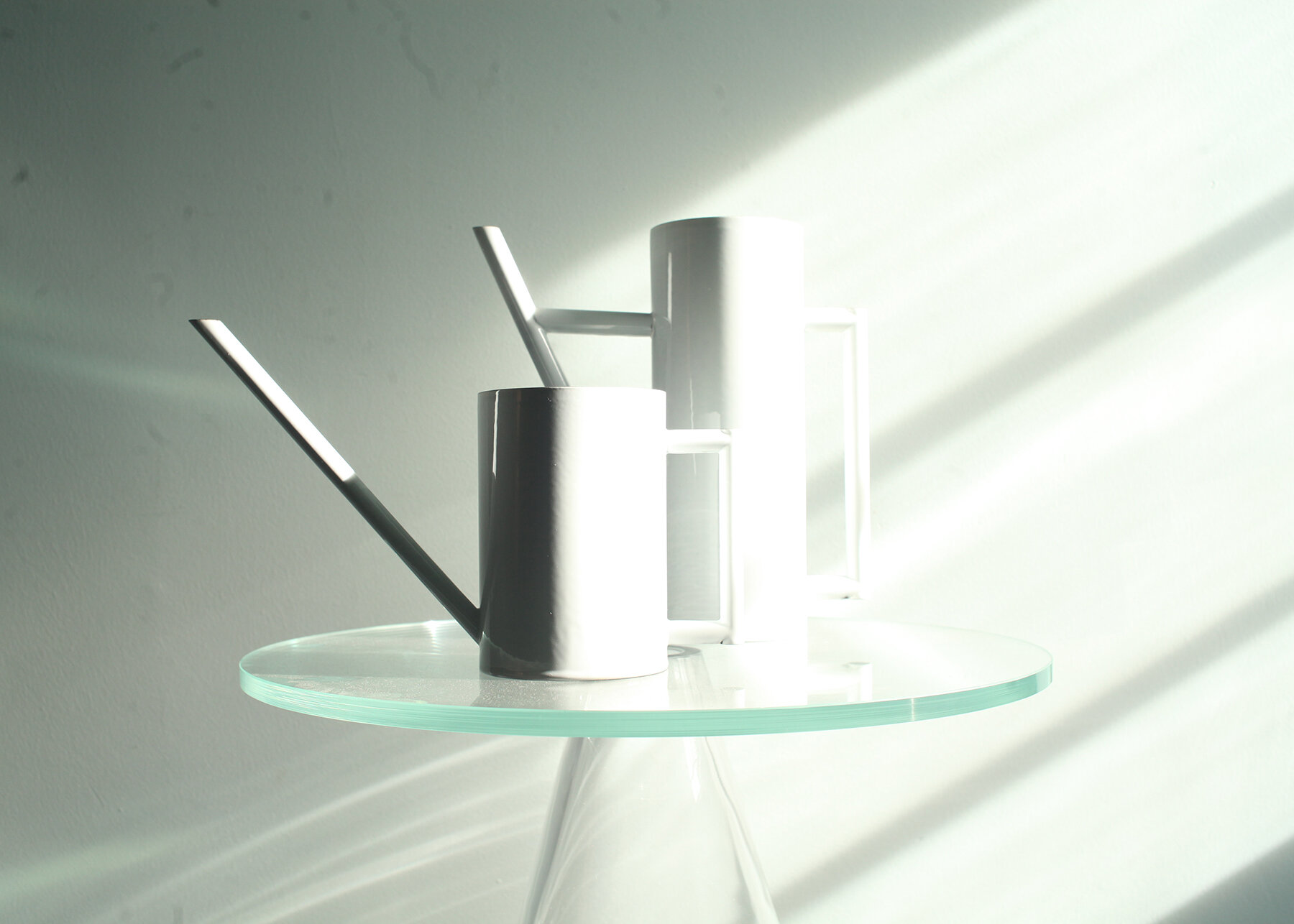
Workstreams
The UT project
How can we use architecture and design to help us make a more honorable relationship with nature? How can we make objects and spaces that invites nature into everyday life? How can we open our built environments and buildings for cohabitation with other species?
The UT project is a evolving catalogue of objects, furniture and art pieces that attempts to answer these and related questions.
The INN project
The history of decorative patterns in art and architecture is immensely rich, yet often nostalgic and historically oriented. With todays scientific instruments and technology we are able to detect patterns that were invisible to our ancestors.
In the INN project we are inviting contemporary designers and artists to interpret the invisible world as revelead by technology (old and new) - to make an entirely new Book of Patterns.
The UN project
Good design is “nothing special”. Great objects steps out of the way and provides generous space for life and work and the natural beauty of the world.
Our visually saturated culture is full of “specialness”. The UN project is about creating simple interior objects that reflect and ground this moment in time with poetry and sense.


